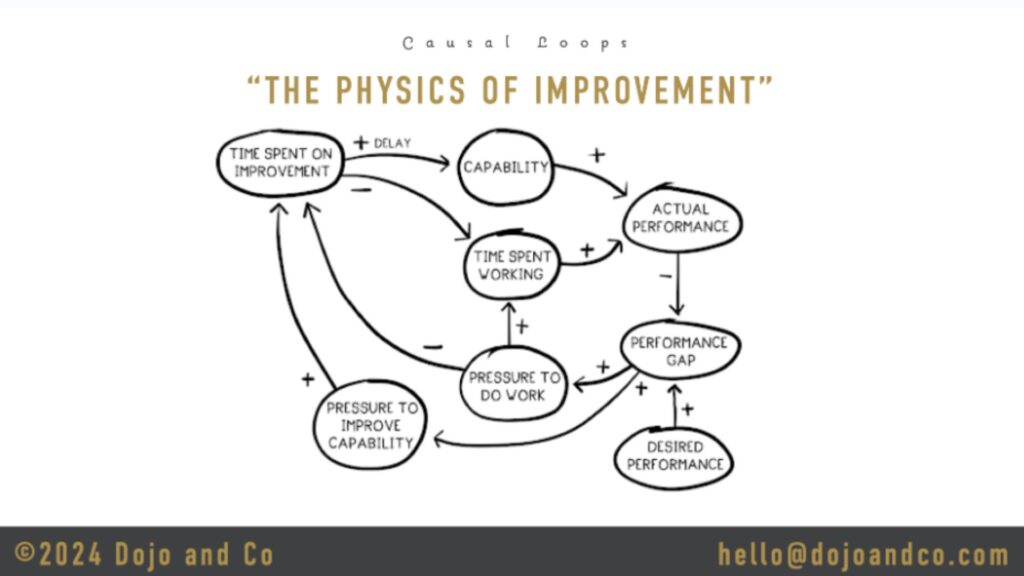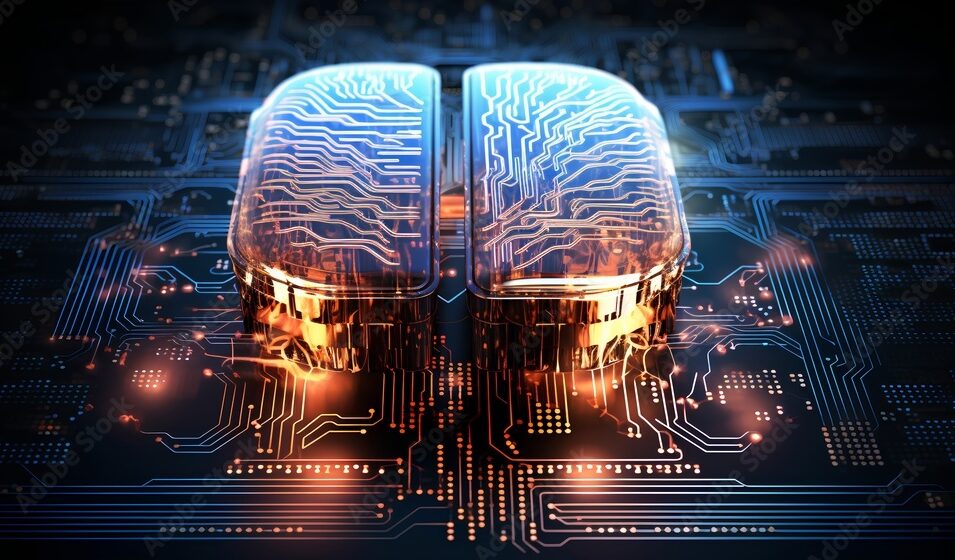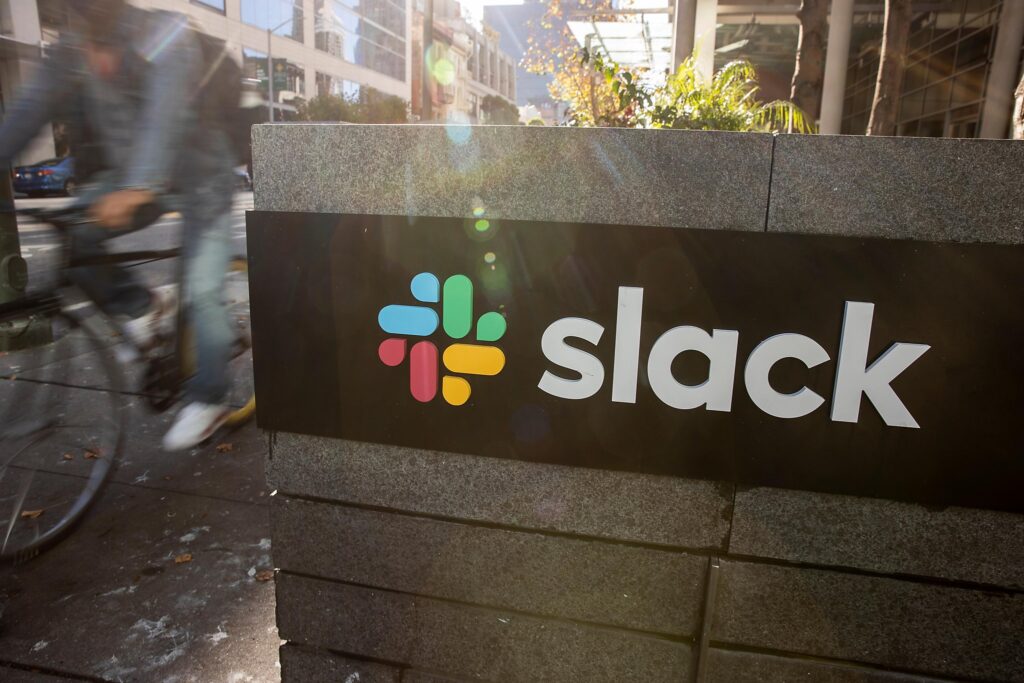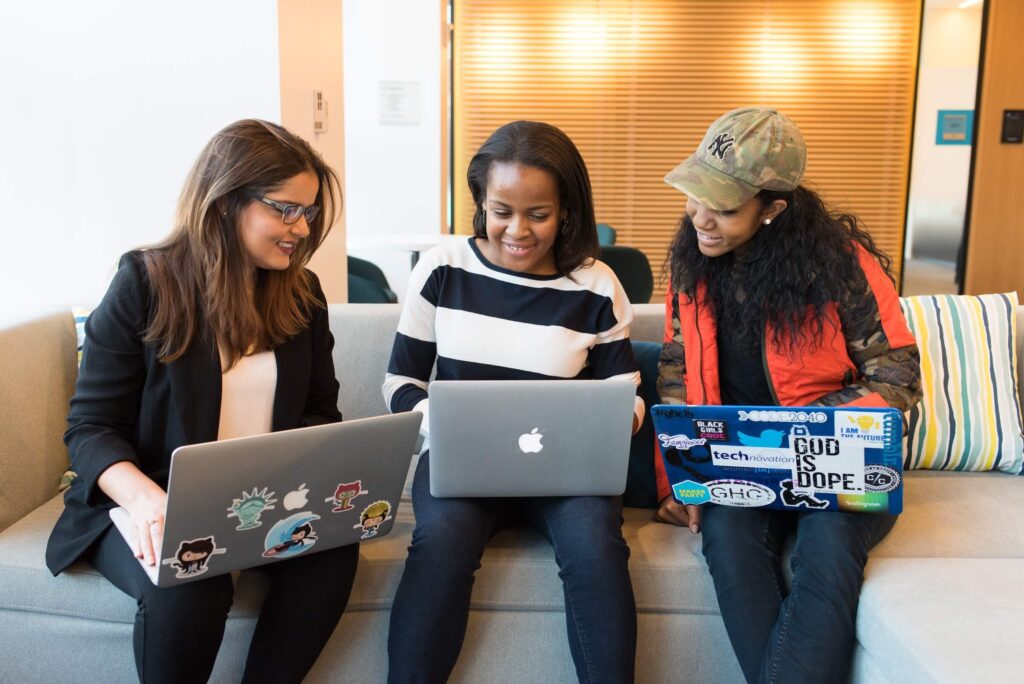Microsoft is pursuing a major cultural shift from prioritizing expertise and knowledge to celebrating curiosity and learning. At the forefront of this ambitious shift is Chris Shaffer, Director of Engineering and Insights.
Following up on his 2020 talk on learning culture at Microsoft, Chris sat down to discuss some of the thinking, goals, and obstacles that pervade a culture mid-shift toward learning empowerment.
Empowering engineers through tech enablement
A multi-decade veteran of Microsoft, Chris has held his current position at the helm of engineering learning efforts for about six years. Prior to that he ran engineering teams at Microsoft for almost 25 years.
Chris is passionate about empowering the engineering staff under his purview to achieve more through learning and development. A key driver of the company’s push to reinvent its approach to learning, he is actively working to build an environment where team members have the psychological safety to freely and enthusiastically learn and grow.
Building a growth mindset learning culture
At the heart of Microsoft’s aspirational transition is a belief in the power of a growth mindset. Inspired by the work of Stanford psychologist Carol Dweck, a growth mindset emphasizes the importance of progress, learning, and development over things like expert status or prior knowledge.
“You can’t separate learning from [a] growth mindset if you tried … They’re intertwined heavily.”
Chris’ mandate in empowering this mindset is as much an ideological shift as a practical one. A learning culture can only build in a place where learning holds significant value. Chris describes this as part of an ongoing value shift within the company. A culture that once fostered arrogance and superiority is now working to become a haven for learning and development.
“We want to be learn-it-alls, not know-it-alls.”
A fixed mindset, the opposite of a growth mindset, emphasizes expertise and natural talent. It leads a person to believe that they either are or are not good at something, that their ability is “fixed.” A widespread belief-set like that in a high-performing organization can cause various unfavorable outcomes:
- Posturing and the need to “appear” smart, capable, or talented
- Prohibitive fear of risk-taking
- Avoidance of the new or challenging
Part of Chris’ mission is to foster an environment that breaks down the barriers of the fixed mindset. By emboldening the engineers at Microsoft to admit when they don’t know everything, he aims to build an environment where individuals have the permission to be curious, ask questions, and explore.
Onboarding for growth
According to Chris, the quest for tech enablement and a learning culture doesn’t start on a new hire’s first day. It begins much earlier. The interview process for new technical employees at Microsoft is actively reorienting toward growth mindsets.
This process once prioritized expert domain knowledge and correct answers to difficult questions; however, today, it is becoming a search for individuals who ask thoughtful questions, actively engage with new challenges, and aren’t afraid to admit what they don’t know. Through this shift, Microsoft makes a clear statement with its recruitment: We’re not looking for know-it-alls; we’re looking for learn-it-alls. From there, the commitment to learning culture continues to build through internal training and the ongoing ideological shift organization-wide.
The importance of language
Chris highlights several points where a seemingly subtle language shift can significantly impact how we approach and embrace a learning culture.
Feedback vs. perspective
Microsoft advocates for a transition away from the use of the word “feedback” and toward “perspective.” Feedback often comes off as a euphemism for critique or reprimanding and can put recipients on the defensive.
When leaders offer perspective to their team members as an alternative, they invite them to see another side of the situation, ideally arriving at their own constructive conclusions. This subtle shift enables people-leaders to approach their staff through collaborative learning that is growth-oriented in a non-disciplinarian way.
Rewards vs. recognition
It was a big revelation for Chris to understand that rewards and recognition are not the same things, though many use the terms interchangeably. There are several distinct differences between the two in what they look like, how they benefit teams, and how best to use each.
For instance, rewards are typically tangible and transferable. Cash bonuses, shiny plaques, and gift cards may all change hands from one person to another. Recognition, however, is immutably tied to one person. Praise, positive perspective, and public celebration are all unique to the recipient.
According to Chris, both rewards and recognition are essential to building high-performing teams in a learning culture.
Mentor vs. coach
Another pair of terms that Chris advises us not to conflate is mentor and coach. The two, which Chris admits to having blended in the past, illustrate a crucial difference within Microsoft.
“Mentoring is telling, and coaching is asking.”
To Chris’ explanation, a mentor aims to be constructive by solving problems and offering solutions. A coach, on the other hand, acts more as a guide, empowering others to find and develop their own solutions.
Mentoring doesn’t scale because it doesn’t encourage learning and curiosity. Coaching feeds a growth mindset and helps a person continue to learn to come up with their own answers.
Growing pains and the progress of progress
Consciously shifting the culture and attitudes of an organization of over 100,000 software engineers, product/program managers, data scientists, and others worldwide is no small task. Change of any kind at that scale promises to be slow and complex and to meet ample resistance along the way.
However, an organization that seeks to empower its constituents through growth and progress will always prevail. Chris Shaffer’s journey to transform how engineers at Microsoft approach learning is nowhere near complete, but he is well on the way to shaping an environment in which people can continually grow, follow their curiosity, and thrive.







